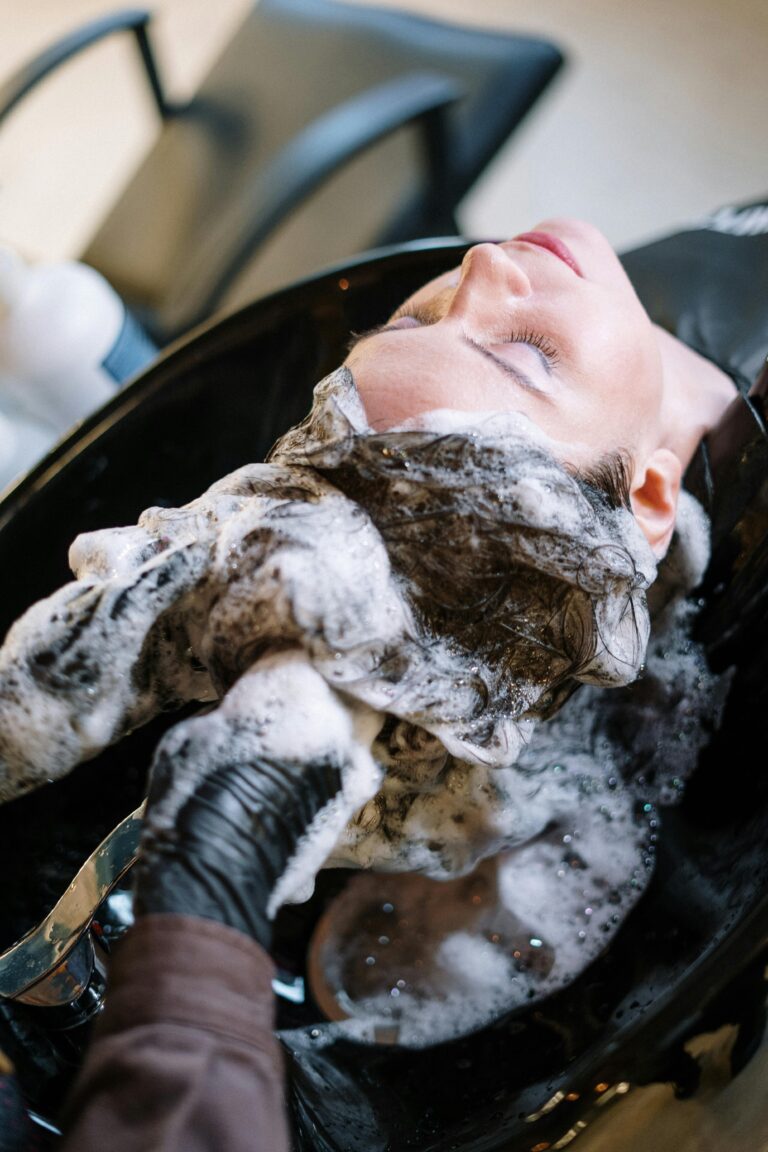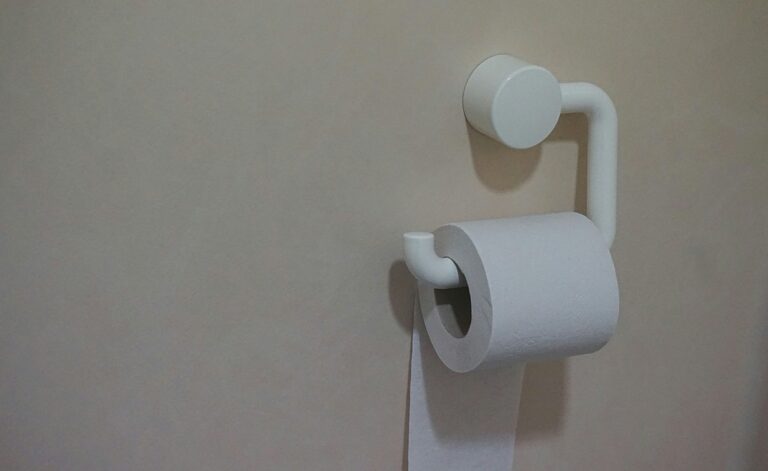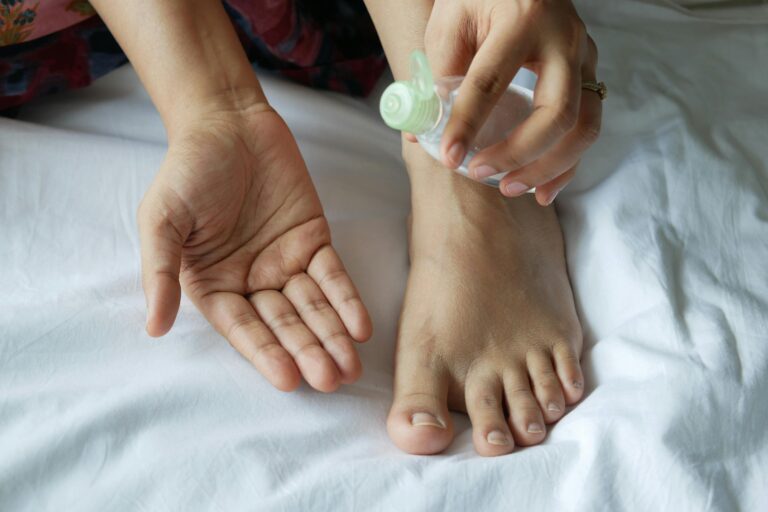
A healthy smile shines out at people as one of the first things they perceive about you. And while it goes beyond the aesthetic appeal, good oral hygiene is important for general well-being (Oral).
An unhealthy Oral cavity can open pathways to various health-related issues through gum disease, dental caries, or eventually even into systemic illnesses such as heart disease and diabetes. We are going to learn the most important tips and good practices that help keep your mouth clean and healthy for a brighter and healthier smile.
Importance of Oral Hygiene
Oral hygiene is the practice of keeping the mouth clean and healthy through regular brushing, flossing, and dental check-ups. Proper oral care prevents common dental problems such as cavities, gum disease, bad breath, and tooth loss. Your oral health can also reflect the overall well-being. More and more research works have pointed out associations of poor oral hygiene with severe diseases: heart conditions, pneumonia, and complications with pregnancy. Good care for your teeth and gums brings along benefits of excellent oral health but also plays an important role in general health protection.
1. Brushing Basics
Brushing your teeth is the foundation of oral hygiene. Here’s how you can do it properly:
Use the Right Toothbrush:
Good and proper toothbrushes should be the first step toward a brighter smile. According to dentists, a soft bristle brush would be used for the teeth. Hard bristles may damage the enamel and irritate the gums, causing sensitivity and retraction of the gums over time. The head of the brush is also supposed to be small enough to comfortably reach all your mouth areas, including the back molars.
Brush at Least Twice a Day:
Brush twice daily in the morning and at night to get rid of food particles, plaque, and bacteria. Plaque is a sticky infectious film of bacteria that forms on the teeth and gums. It can harden into tartar if not regularly removed. Tartar can only be removed by a dentist.
Use Fluoride Toothpaste:
Fluoride is a natural mineral that will strengthen up your tooth enamel after which prevent cavities. Your toothpaste should contain fluoride so your teeth get extra protection against decay.
Proper Brushing Technique:
Hold the toothbrush 45 degrees to the gums. The strokes should be smooth and circular rather than a scrubbing motion back and forth. You need to cover all surfaces of your teeth, which means front, back, and chewing surfaces. You should be brushing for at least two minutes.
Don’t Forget to Floss
Brushing has its importance, but it only cleans about 60% of your tooth surfaces. Flossing removes leftover food particles and plaque from interproximal areas and the gumline, thus unable to be cleaned by a toothbrush.
Daily Flossing:
Try to make flossing a daily routine. It is best for you to floss before bed because it prevents the formation of plaque and tartar in the mouth and leads to cavities and gum disease. Take about 18 inches of floss. Wind most of it around your middle fingers, leaving about 1-2 inches to work with. Using the floss slide between your teeth curving it around the base of each tooth in a C shape to clean below your gumline.
Alternatives to Flossing:
If it is still not easy to use regular floss, you may consider using water flossers, interdental brushes, or floss picks. They can be ideal for individuals with braces, dental implants, or even those who are unable to work with conventional floss.
3. Mouthwash
Mouthwash can aid you in making your oral hygiene routine more effective because of the benefits that cannot be achieved solely through brushing and flossing.

Breathing Fresher:
Mouthwash helps in destroying those bacteria that cause bad breath, and your mouth becomes fresh by its use.
This removes plaque buildup, which is the cause of gingivitis-one of the earliest signs of gum disease. Antiseptic mouthwashes contain ingredients such as chlorhexidine or essential oils, which prevent plaque buildup and subsequently prevent gingivitis.
How to Use Mouthwash Properly
Swish around your mouth for about 30 seconds. Swill it around every single area of your mouth and spit out. Do not rinse with water a few minutes later. This may wash away some of the good stuff.
4. Healthy Diet
The central premise on which oral health stands is how important diet is. Whatever you put in your mouth will support your teeth or help create decay and gum diseases.
Reduce sugary foods and drinks: Sugar-containing foods and drinks cause most of the cavities. The microorganisms in your mouth break down sugars, produce acids that decalcify the enamel layer of the teeth, and thereby creating decay. Reducing candies, soft drinks, as well as other sugared snacks minimizes the chances of decay in their teeth.
Keep Possible beneficial foods:
These are composed of those foods that contain calcium, phosphorus, and vitamins A and C. Calcium is what mineralizes and hardens the enamel surface of the teeth. The best sources of calcium therefore are milk, cheese, and yogurt. The other crunchy fruits and vegetables, like apples and carrots, would clean the teeth and stimulate saliva production that would neutralize acids and expel food particles.
Drink Adequately:
You should drink water throughout the day since it will be able to clear out food particles and bacteria out of your mouth. And so you will make sure that you have a clean mouth. Fluoridated water, in particular, is perfect because fluoride helps you prevent the decay of your teeth.
5. Periodic Dental Check-Ups
You will need to see your dentist from time to time, even if you brush and floss daily, to make sure you keep your mouth in the healthiest state possible.
Professional Cleanings:
You should attend your dentist for professional cleaning every six months. It is during such a visit that the dental hygienist cleans your teeth by removing plaque and tartar not caught by your brush and floss. They polish your teeth using equipment so special that it leaves the surface of your teeth almost glassy and less adhesive for plaque to collect.
Early Detection of Problems:
Proper and frequent dental visits give your dentist an opportunity to detect early signs of cavities and gum diseases amongst many conditions that should save you some agony, discomfort, or dollars sometime later in the future.
Oral Cancer Screening:
At your regular dental examination, your dentist will monitor for oral cancer. It is one type of cancer that could be lethal if it appears at a time when it is diagnosed late, hence proper monitoring is essential in a timely diagnosis and then appropriate treatment.
6. Oral Hygiene of Your Teeth
Besides hygiene, there are several other ways through which you could try to prevent the destruction your teeth have undergone.
Use a Mouth guard (Oral):
A mouthguard protects your dental structure from direct blows during contact sports. They are very comfortable and safe, but if you want the very best, then get a custom-fitted mouthguard.
Watch for Your Bad Habits:
Such oral habits include biting of the nails, chewing of ice, or even acting as an opener with your teeth among others and can, therefore, damage your teeth by chipping and even cracking them. Keeping an eye on such habits and finding alternative things to keep your hands busy will keep your teeth from further damage.
Dental(Oral) Sealants:
Sealants: This is a thin coating applied to chewing surfaces of your back teeth, especially molars where cavities usually form. Sealants protect against decay and are particularly effective for children .
Fresh Breath
Causes of bad breath include oral diseases or other medical conditions known as halitosis. You can alleviate it by the following:
Brush your tongue
Bacteria can linger on your tongue and also lead to bad breathe. Clean your tongue when brushing your teeth using your toothbrush or tongue scraper.
Hydration:
Dry mouth will also lead to the production of bad breathe. Keeping your mouth moist and flushing out food particles from your mouth through drinking.
Avoid Odorous Foods:
Such foods include garlic, onion, and so many others. These make some individuals create bad odors. To minimize the smell, brush your teeth for a considerable amount of time and use mouthwash after taking them.
Conclusion
The start of a healthy grin relates to the promise towards oral care. As long as you follow these simple guidelines, you will never have a problem preventing dental problems and feeling confident when smiling brightly. Oral care doesn’t simply pertain to aesthetics, but it’s integral to your overall health. Care for your smile right away and it will pay you for the rest of your life.







